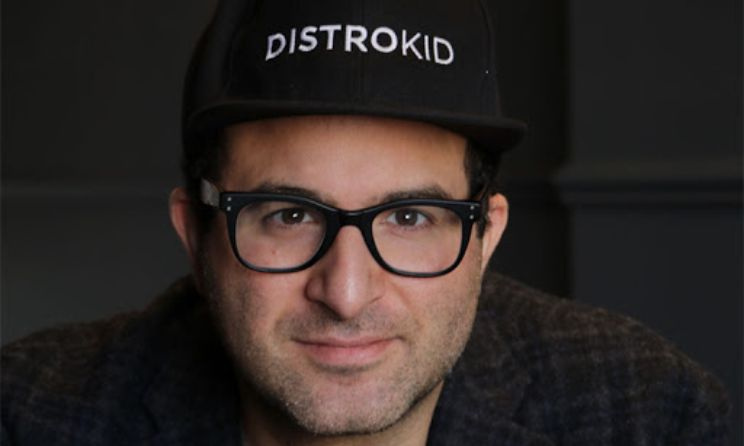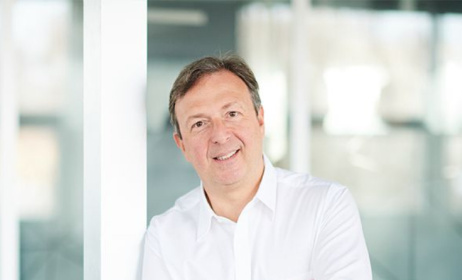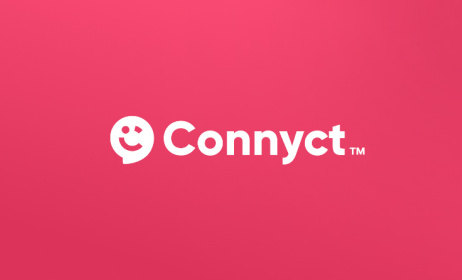DistroKid adds Dolby Atmos for Apple Music and Tidal
Independent music distributor DistroKid last week announced that it would begin delivering songs mixed in Dolby Atmos to Apple Music and Tidal.
 DistroKid CEO Philip Kaplan.
DistroKid CEO Philip Kaplan.
Created by Dolby Laboratories, Dolby Atmos expands surround sound technology by adding height channels, which allow sounds to be interpreted as three-dimensional objects. The move will enable DistroKid users to share the audio format with fans around the world.
“At DistroKid, we always want our members to be able to take advantage of the latest advances in audio technology,” DistroKid founder and CEO Philip Kaplan said. “Dolby Atmos tracks sound great and represent a transformational new way to listen to music.”
Dolby Laboratories senior director of music partnerships Christine Thomas said: “Dolby Atmos provides artists a new creative canvas to make music with limitless opportunities. Whether you are an independent musician or signed to a major label, we want to empower all creatives with the tools they need to create and share this new level of artistic expression with the world, which wouldn’t be possible without services like DistroKid.”
To distribute music in Dolby Atmos, users can select the option from their dashboard and pay a one-time fee. The platform will analyse the song to ensure that it meets the necessary delivery compliance before automatically uploading it to the digital service providers.
Founded in 2013, DistroKid claims it distributes about 30 to 40% of all new music in the world. The platform now has more than 2 million users and offers an array of services including distribution, monetisation, metadata customisation, storage and promotion. In May, DistroKid introduced a new service called Recoupment, a feature that gives artists more control over how their royalties are distributed to collaborators. Recoupment allows artists on the platform to choose which collaborators should get their share of royalties first.
The digital distributor has achieved significant growth since it was launched. In October 2018, the platform had more than 250 000 artists. More recently, it signed deals with new platforms, including TikTok, Twitch and Snapchat. In February, the company launched a feature called Upstream, which matches artists to suitable labels.





























Comments
Log in or register to post comments